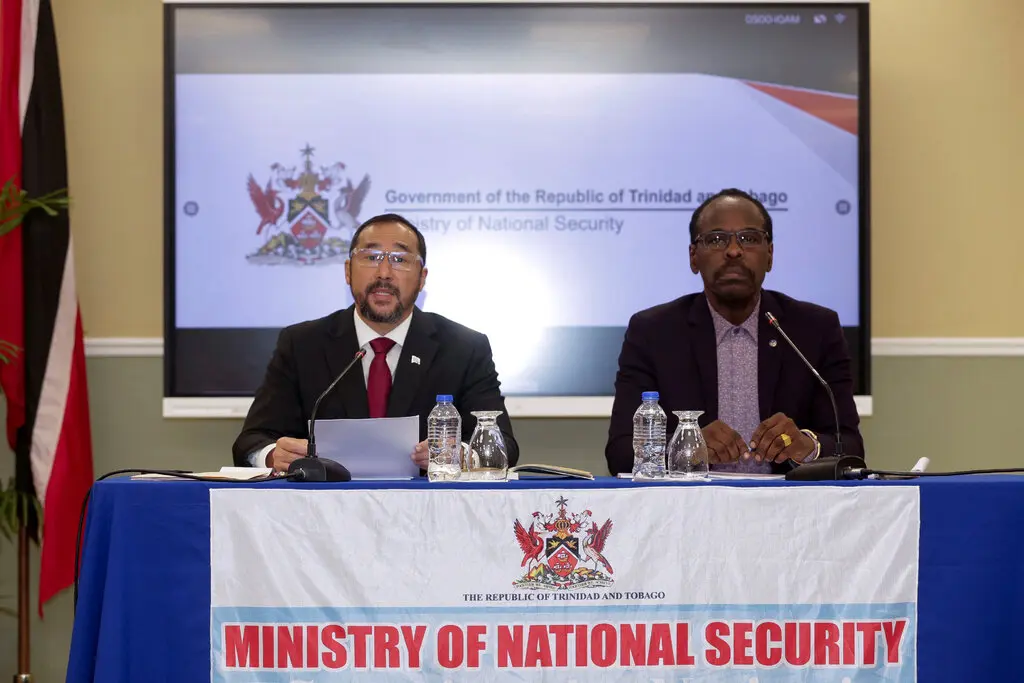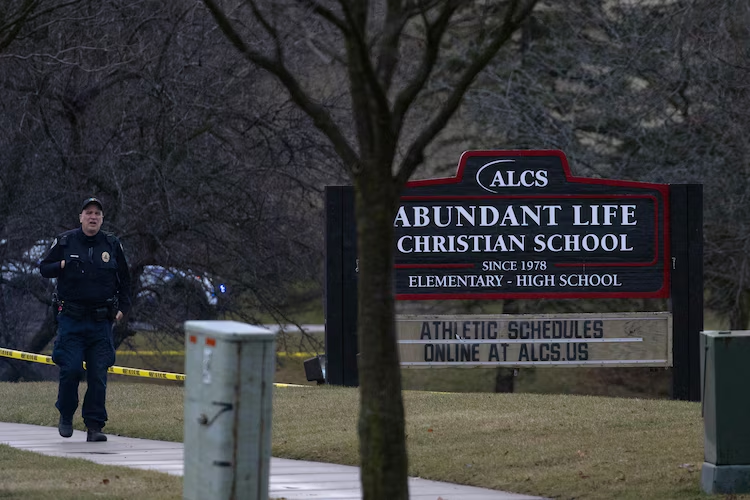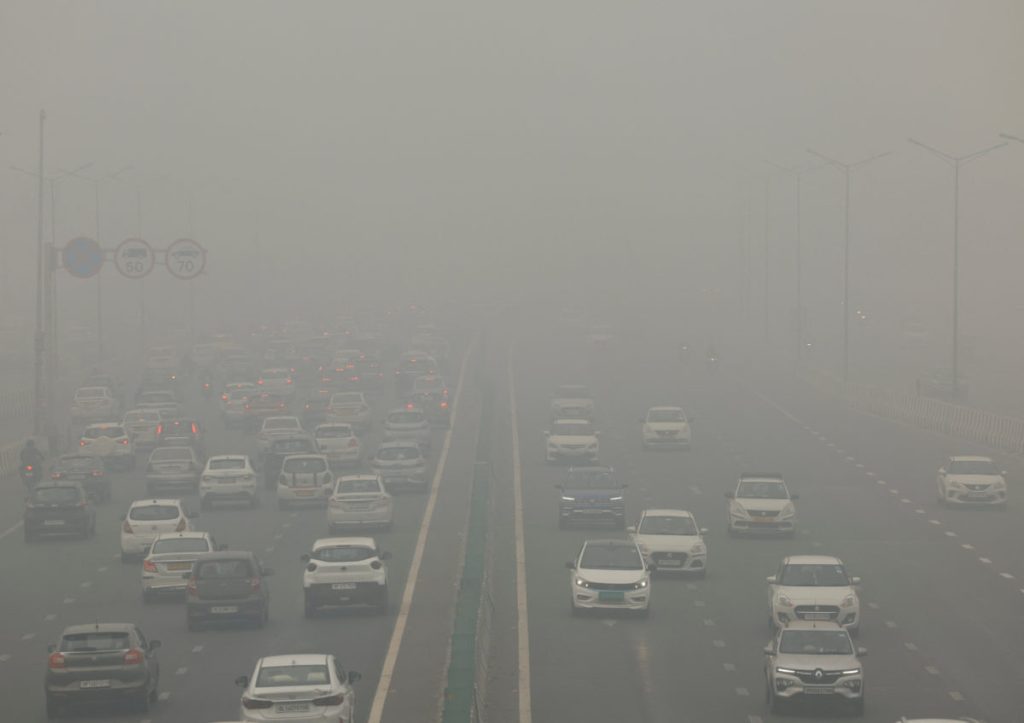Trinidad and Tobago Declares State of Emergency Over Rising Crime

In a dramatic move to address the escalating violence and crime in the country, the government of Trinidad and Tobago has declared a state of emergency. This decision follows a sharp rise in violent crimes, including homicides, gang-related activity, and armed robberies, which have left the nation grappling with an increasing sense of insecurity. The declaration of the state of emergency marks a significant step in the government’s efforts to restore law and order in the face of mounting public pressure.
The Rising Crime Wave
Trinidad and Tobago has witnessed a disturbing surge in criminal activity over the past few years. Particularly in urban areas like Port of Spain, the capital city, and other densely populated regions, violent crime has spiraled out of control. The homicide rate, in particular, has reached alarming levels, with the nation recording more than 500 murders annually in recent years. This surge in violence is largely attributed to an increase in gang-related activity, drug trafficking, and turf wars.
In addition to homicides, the country has seen a rise in violent robberies, carjackings, and sexual assaults, further eroding public confidence in the ability of law enforcement to maintain control. The situation has created a climate of fear, as citizens express concern for their safety and well-being. Reports of lawlessness, especially in certain neighborhoods, have sparked widespread protests and calls for immediate government action.
The state of emergency, which has been implemented in several districts, aims to address these pressing concerns by allowing law enforcement agencies to take more aggressive actions to curb the rise in crime. The government argues that extraordinary measures are necessary to restore peace and stability and prevent further deterioration of public safety.
Details of the State of Emergency
The state of emergency grants the government and law enforcement officials greater powers to enforce security measures, including curfews, increased police presence in crime hotspots, and restrictions on the movement of individuals. Under the emergency powers, the police have been authorized to conduct more frequent searches, arrests, and detentions without the usual legal procedures that govern everyday law enforcement activities. The government has also announced plans to deploy additional military personnel to support the police in areas most affected by crime.
While these measures are aimed at curbing criminal activity, the government has insisted that they are temporary and will be lifted once the situation improves. The state of emergency is seen as a stopgap solution to buy time for longer-term reforms aimed at addressing the root causes of crime in the nation.
Despite the government’s assurances, there has been considerable debate about the effectiveness of the state of emergency. Critics argue that such measures may lead to human rights violations, such as arbitrary detentions and abuse of power by security forces. There are also concerns that the state of emergency could disproportionately affect marginalized communities, exacerbating existing tensions between law enforcement and residents.
Political and Public Reactions
The state of emergency has elicited mixed reactions from both political leaders and the public. Supporters of the government, particularly those from urban areas most affected by crime, have welcomed the declaration, arguing that drastic measures are needed to restore law and order. These individuals believe that the state of emergency will provide much-needed relief from the pervasive violence and give citizens a sense of security.
However, opposition leaders and human rights groups have voiced strong concerns about the potential for abuse and the erosion of civil liberties. Opposition politicians have questioned whether the government’s response is a knee-jerk reaction rather than a well-thought-out plan to tackle the underlying causes of crime. They argue that a more comprehensive strategy, focusing on education, employment, and social services, is required to address the root causes of criminal behavior in the country.
Human rights organizations, both local and international, have expressed concern about the potential for overreach by security forces under the emergency powers. They have called for greater oversight and accountability during the enforcement of the state of emergency to ensure that the rights of citizens are respected. Protests have erupted in some areas, with demonstrators calling for an end to the state of emergency and demanding a more balanced approach to crime reduction.
Underlying Issues Contributing to Crime
Experts point to several underlying issues that have contributed to the rising crime wave in Trinidad and Tobago. One of the most significant factors is the proliferation of gangs, which are heavily involved in drug trafficking and other illicit activities. These gangs often engage in violent turf wars over control of drug markets, leading to a cycle of violence that has destabilized communities.
Additionally, poverty and unemployment are major drivers of crime in the country. Many young people, especially in disadvantaged neighborhoods, are drawn into criminal activity as a means of survival or to gain social status. The lack of access to quality education, job opportunities, and social services has left many individuals vulnerable to criminal influences, exacerbating the country’s crime problem.
Another factor contributing to the surge in violence is the widespread availability of firearms, which are often smuggled into the country. The easy access to guns has enabled criminals to carry out violent acts with impunity, further contributing to lawlessness.
Long-Term Solutions
While the state of emergency may provide temporary relief, experts argue that long-term solutions are needed to address the root causes of crime in Trinidad and Tobago. Law enforcement measures alone will not solve the problem if underlying issues such as poverty, lack of education, and limited economic opportunities are not addressed.
There have been calls for a comprehensive crime reduction strategy that includes community-based programs, investments in education and job training, and initiatives aimed at rehabilitating individuals involved in criminal activity. Moreover, efforts to strengthen the judicial system and provide more support for victims of crime are essential to ensure that justice is served and that communities feel empowered to combat crime at a local level.
The declaration of a state of emergency in Trinidad and Tobago represents a bold and controversial move in the government’s fight against rising crime. While the immediate measures may offer some respite for communities plagued by violence, the long-term success of the initiative will depend on a more holistic approach to crime prevention and social reform. The country faces a complex and multifaceted challenge that will require sustained efforts from both the government and the public to overcome. Whether the state of emergency will lead to meaningful change or simply exacerbate existing tensions remains to be seen. For now, the government must balance the urgent need for security with the need to safeguard the rights and freedoms of all citizens.






